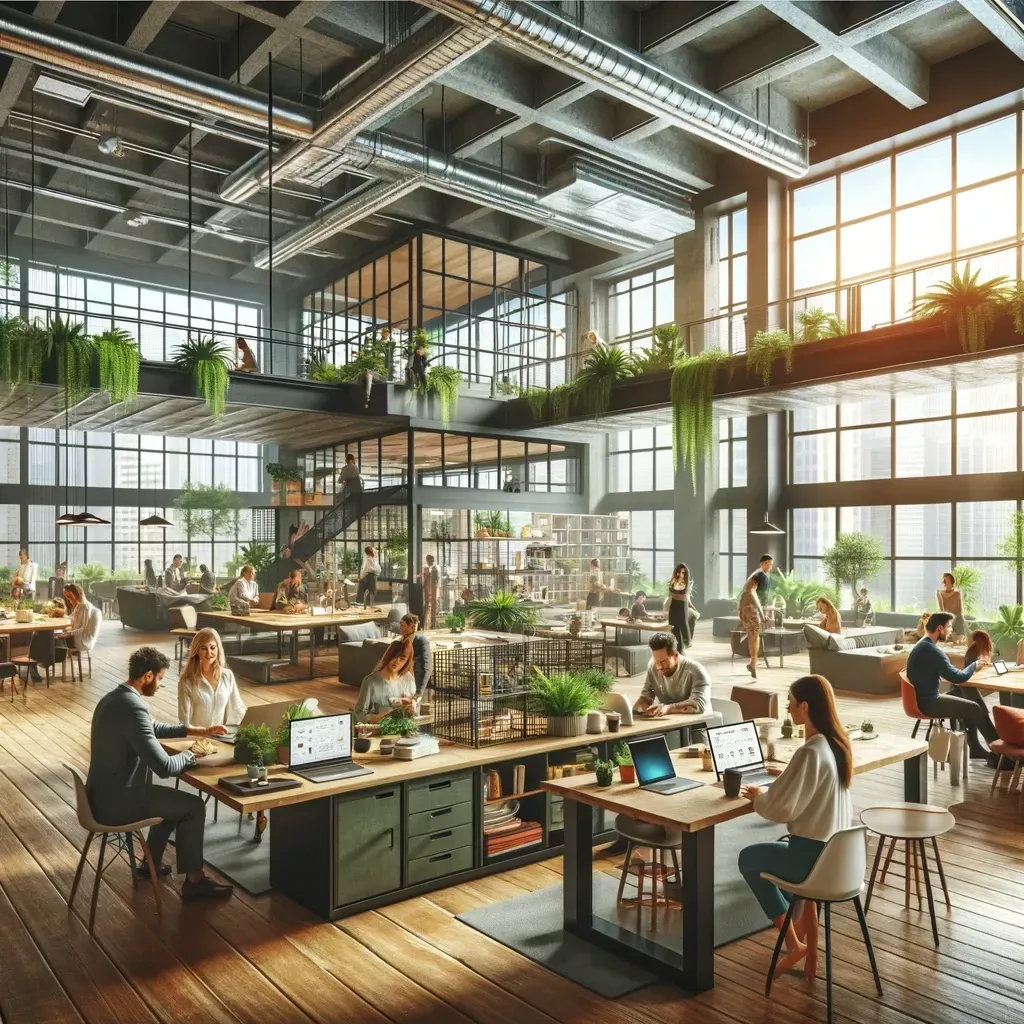Navigating the AI Revolution: Embracing Change in the Workforce
Navigating the AI Revolution: Embracing Change in the Workforce

As the digital age accelerates, the integration of artificial intelligence (AI) into our daily lives becomes increasingly prevalent, sparking a mix of excitement and anxiety among professionals. The thought of AI replacing human jobs has been a topic of intense debate and speculation, highlighting a future where technology's role in the workplace is both transformative and disruptive.
The rise of AI and automation brings forth a dual-edged sword; on one hand, it promises increased efficiency, the ability to tackle complex problems with unprecedented speed, and the potential for fostering innovation across various sectors. On the other, it raises legitimate concerns about job displacement, the widening skills gap, and the need for a significant shift in workforce dynamics.
To navigate the AI revolution, it's essential for both individuals and organizations to adapt proactively. Embracing lifelong learning, reskilling, and upskilling becomes paramount in preparing for a future where the nature of work is continually evolving. Moreover, the emphasis on uniquely human skills—such as creativity, emotional intelligence, and strategic thinking—becomes more critical than ever, as these are the areas where AI cannot easily replicate human capabilities.
Governments, educational institutions, and businesses must collaborate to create robust frameworks that support workforce transitions, ensuring that the benefits of AI are accessible and equitable. This includes developing policies that encourage innovation while also protecting workers from the adverse effects of rapid technological change.
As we stand on the brink of this technological revolution, it's clear that the future of work is not just about competing with AI but about complementing it. By harnessing the strengths of both human and artificial intelligence, we can create a symbiotic relationship that propels society forward, fostering an environment where technology amplifies human potential rather than diminishes it.
In conclusion, the AI-driven future is not something to fear but to prepare for. By adopting a mindset of adaptability, continuous learning, and resilience, we can embrace the opportunities presented by AI, ensuring a future where technology and humanity thrive together.
This post incorporates general thoughts on the impact of AI on the job market and the importance of adaptation and skill development in response to technological advancements. For specific insights and detailed analysis, please contact us for a chat.
Contact us
hello@jobdoneautomation.com
Menu
Subscribe to our monthly digest
Let us show you how you could benefit from our services
Join the Newsletter
We will get back to you as soon as possible
Please try again later
All Rights Reserved | Job Done Automation
